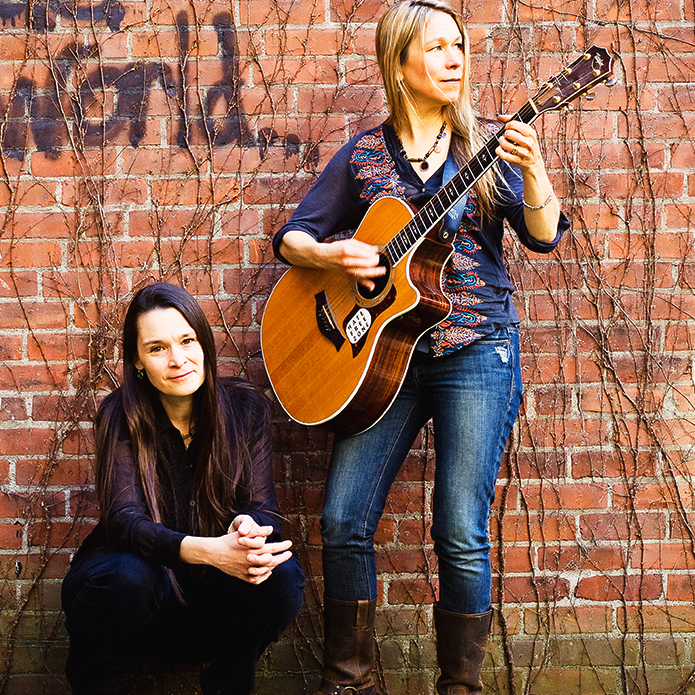The Road and The Vaster Wilds: Anti-Odysseys (Part 3 in an ongoing series)
By happenstance, I read Cormac McCarthy’s 2007 apocalyptic novel The Road and followed it with Lauren Groff’s latest, The Vaster Wilds. It was September, technically still summer, but both of these novels take place in life-threateningly cold weather, and each author made me feel that cold, that terror of being consumed by the natural world, an awareness of the scarcity of essential resources, the distrust of other human beings–even our intimates. As I revisit these novels today, fittingly on Halloween, when the air in Massachusetts has grown chill and my body continues to fight against that novel corona virus, I find myself sharing some of these primal fears. When the terrain is unknown and the enemy invisible, who and what can we trust?
